Peaceful protestors following Mahsa Amini's death could now face the death penalty in Iran
Iranian lawmakers have asked judges to show "no leniency", as it has been reported that people involved in the Mahsa Amini protests could now face the death penalty.

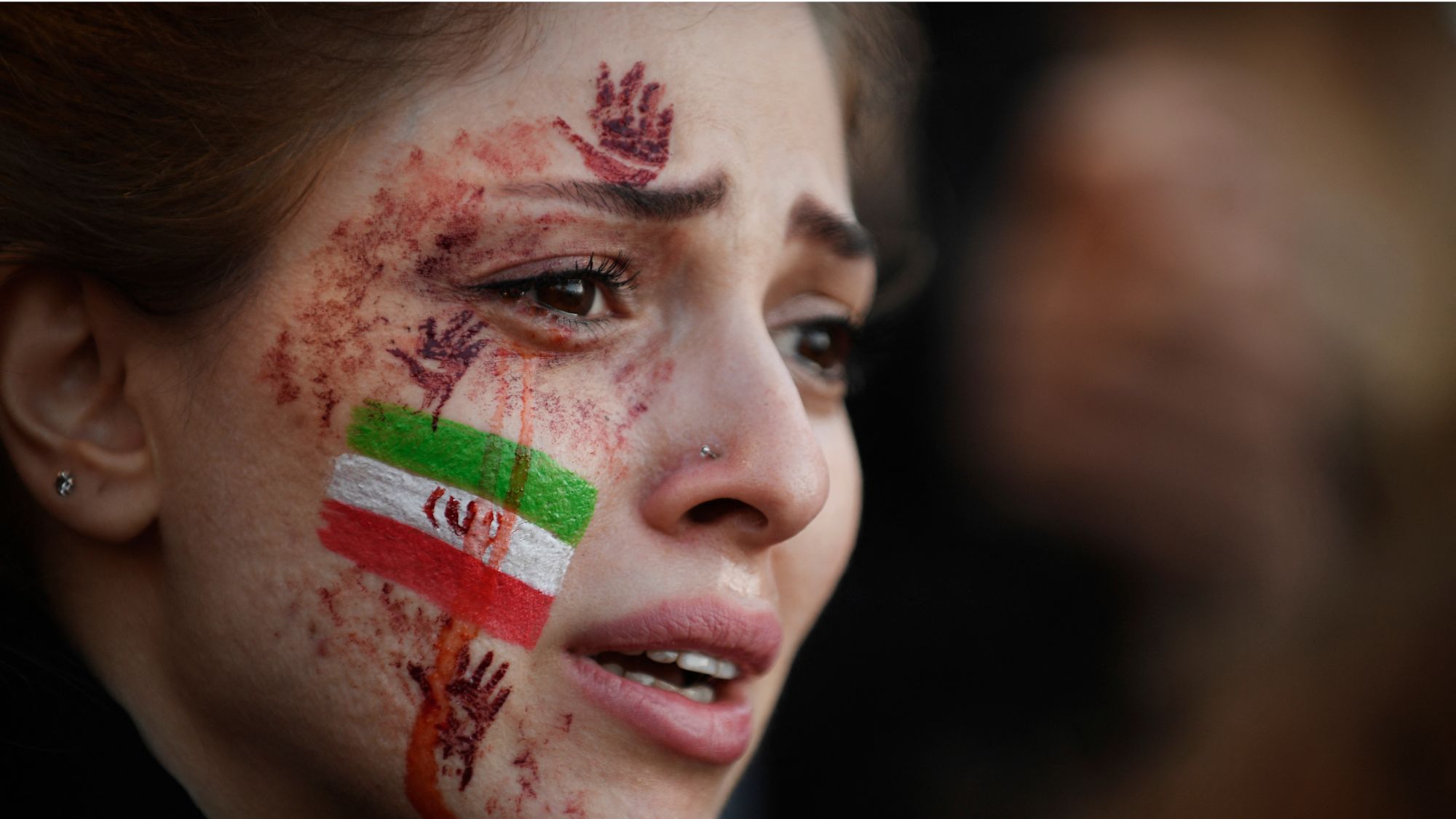
Celebrity news, beauty, fashion advice, and fascinating features, delivered straight to your inbox!
You are now subscribed
Your newsletter sign-up was successful
"We fear that women and girls, who have been at the forefront of protests, and especially women human rights defenders, who have been arrested and jailed for demanding the end of systemic and systematic discriminatory laws, policies and practices might be particularly targeted."
Iran has seen two months of violent unrest, triggered by the brutal death of 22-year-old Mahsa Amini.
Amini was arrested by the Islamic Republic's "morality police" on 13 September and reportedly tortured by authorities for wearing her hijab "too loosely". She died in police custody.
Her tragic death prompted country-wide protests against the government's regime and its oppression of women, particularly in relation to its hijab laws.
Hijabs and loose-fitting clothing have been mandatory for women in Iran since the 1979 Islamic Revolution, with the Gasht-e Ershad (Guidance Patrols) policing how women dress and enforcing punishment in cases of violation.
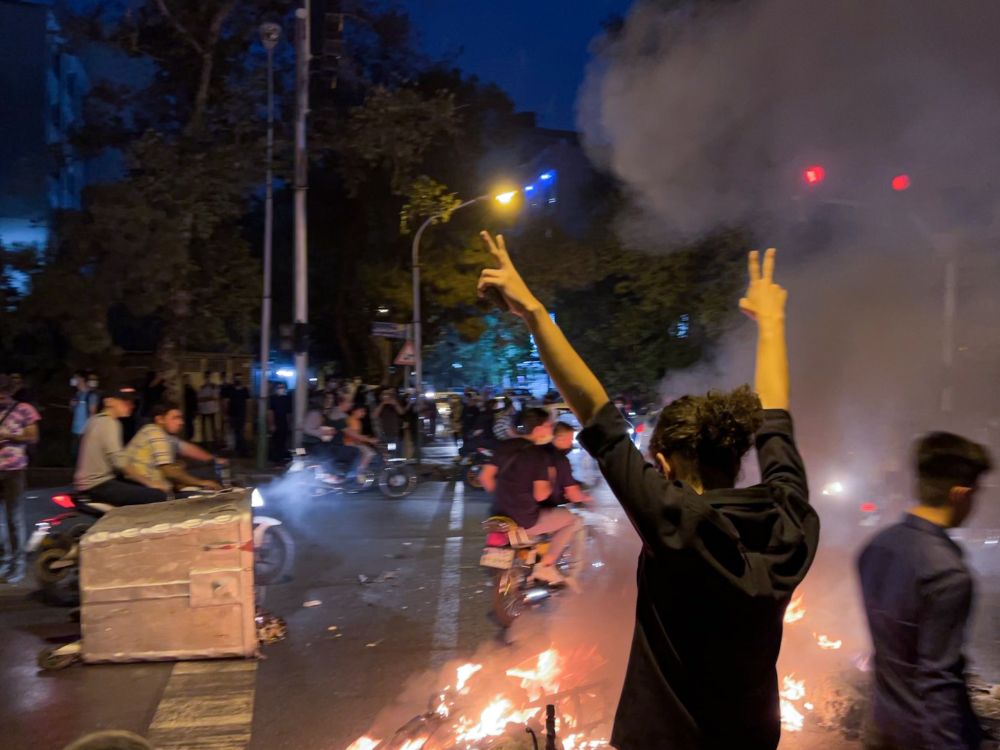
Viral protest footage of the past eight weeks shows women taking to the streets and publicly removing their headscarves - a punishable crime in Iran, with many going on to burn their hijabs and cut off their hair in an act of defiance. Men and women can be seen cheering them in their thousands and chanting, "Death to the Dictator".
The protests - the biggest against the regime in decades - have seen violent clashes between civilians and authorities, with riot police responding with tear gas and gun shots. Over 326 deaths have been recorded so far, and according to reports, up to 14,000 arrests have been made.
Celebrity news, beauty, fashion advice, and fascinating features, delivered straight to your inbox!
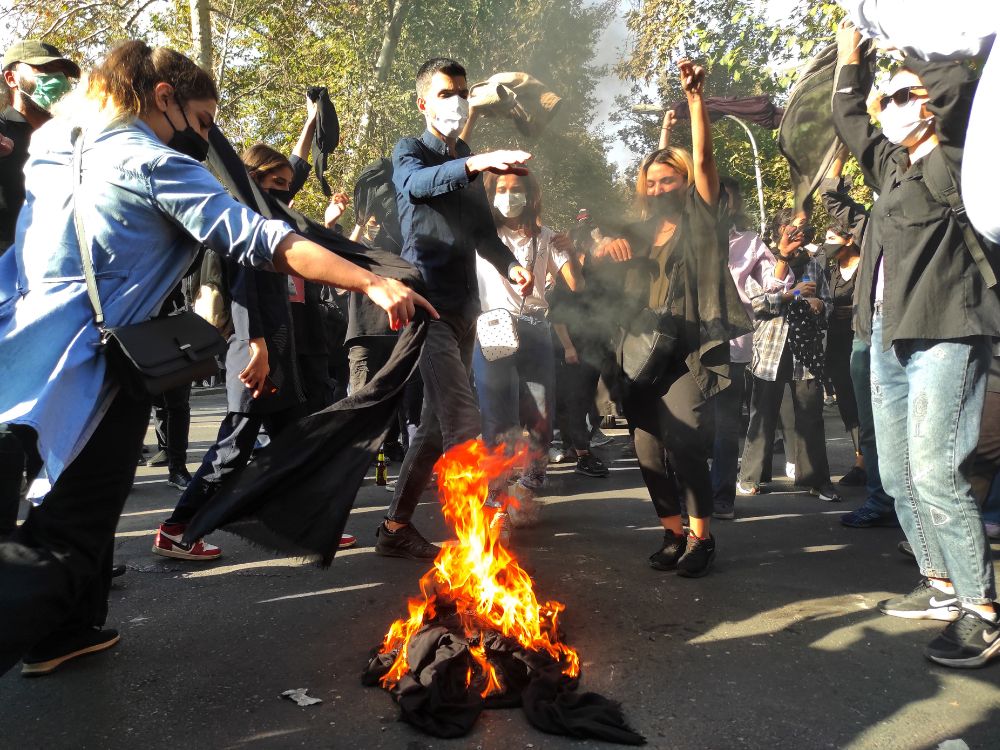
As the protests across the country continue into their ninth week, Iranian lawmakers have cracked down on those involved, voting to impose the death penalty on those in custody, according to CNN.
An open letter, signed by 227 of the 290 members of the Iranian parliament, has reportedly called for Iran's judiciary to "show no leniency" to protestors.
This has prompted the UN and organisations across the world to call for international action.
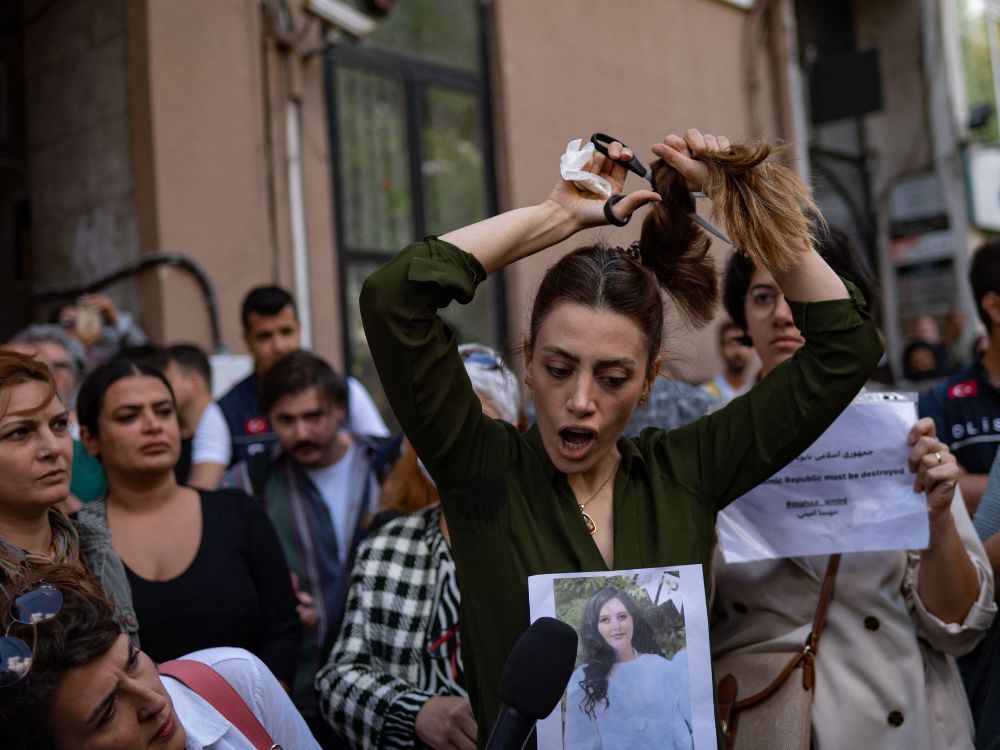
“Over the past six weeks, thousands of men, women and children – by some accounts over 14,000 persons – have been arrested, which includes human rights defenders, students, lawyers, journalists and civil society activists,” announced Javaid Rehman, the special rapporteur on the situation of human rights in Iran, via The Guardian.
“In another most disturbing development, Iranian authorities have announced earlier this week that they will be holding public trials for over 1,000 arrested persons in Tehran and a similar number outside the capital. The charges against these persons will include charges carrying the death penalty. In the absence of any domestic channels of accountability, I would stress the significance of the role and responsibility of the international community in addressing impunity for human right violations in Iran."
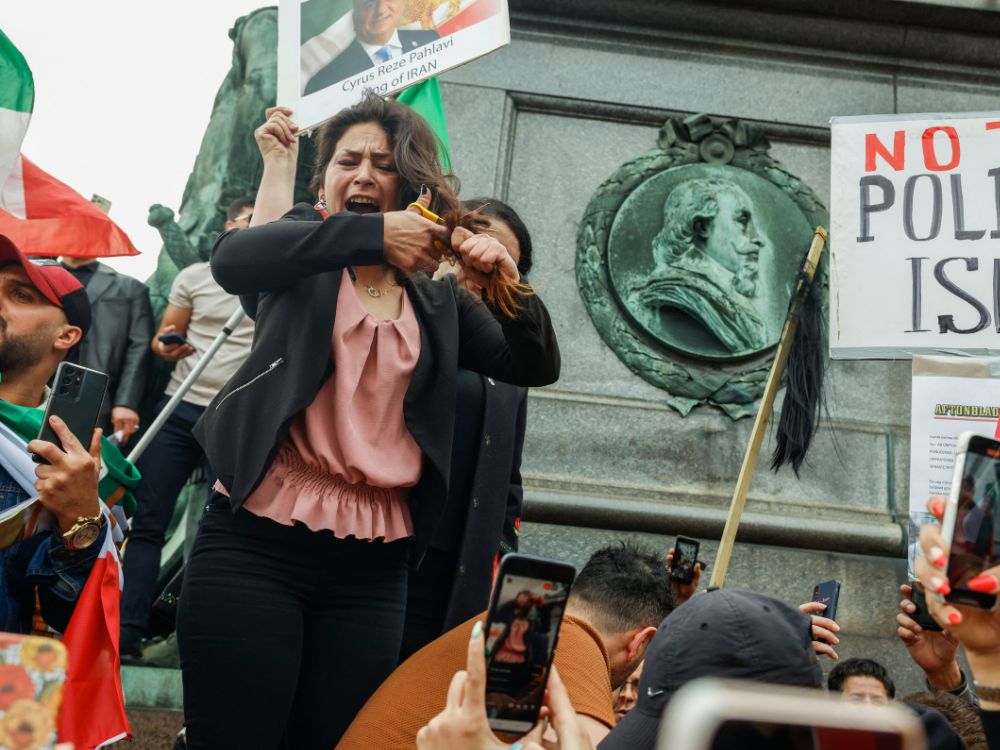
A statement from UN experts, via the Office of the High Commissioner for Human Rights, continued: “With the continuous repression of protests, many more indictments on charges carrying the death penalty and death sentences might soon be issued, and we fear that women and girls, who have been at the forefront of protests, and especially women human rights defenders, who have been arrested and jailed for demanding the end of systemic and systematic discriminatory laws, policies and practices might be particularly targeted”.
“We urge Iranian authorities to stop using the death penalty as a tool to squash protests and reiterate our call to immediately release all protesters who have been arbitrarily deprived of their liberty for the sole reason of exercising their legitimate rights to freedom of opinion and expression, association and peaceful assembly and for their actions to promote and protect human rights and fundamental freedoms through peaceful means.”
We will continue to update this story.

Jenny Proudfoot is an award-winning journalist, specialising in lifestyle, culture, entertainment, international development and politics. After working at Marie Claire UK for seven years - rising from intern to Features Editor - she is now a freelance contributor to the News and Features section.
In 2021, Jenny was named as a winner on the PPA's '30 under 30' list, and was also listed as a rising star in journalism.